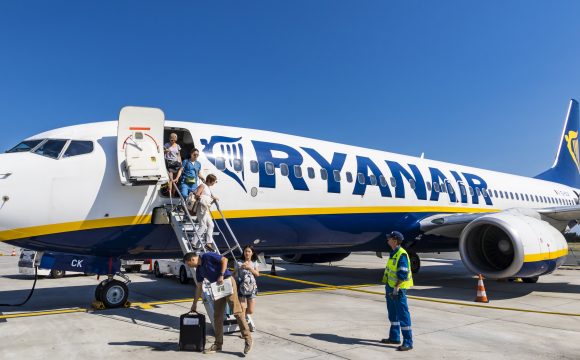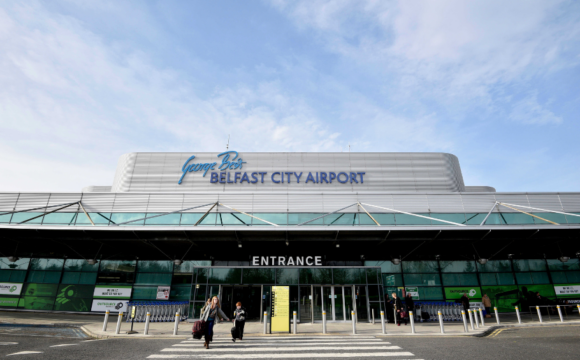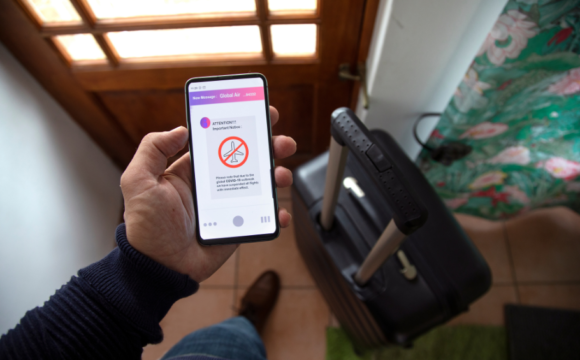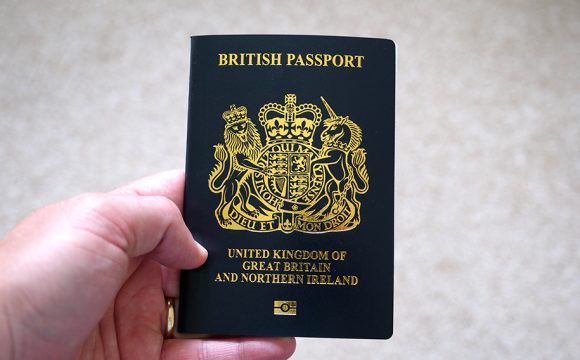UK travellers will have to pay €7 (£6.30) every three years to travel to EU countries, as a consequence of Brexit.
The travel permit is called an ETIAS (European Travel Information and Authorisation System) and although not launched yet, is expected to come into force in 2021.
The travel requirement is not just for the UK but for many non-EU countries. Citizens of EU countries are currently are able to travel anywhere in the EU. But anyone from a non-EU country has to apply for a visa – unless they are from a special list of 61 countries, which also includes the US, Japan and Australia.
Nationals from these 61 countries can travel within the EU’s Schengen zone – the area where people can travel without border checks – for up to 90 days without a visa. However, because of the migrant crisis and security concerns over terrorism, the EU has decided to bring in more stringent controls over the countries on this list.
The ETIAS – an electronic application form – which is Europe’s version of the United States’ $14 ESTA will be brought in as part of these new control measures.
The ETIAS will apply to the UK as third country post-Brexit and will cost €7 for a three year pre-travel authorisation and is a travel requirement for anyone on that list of 61 non-EU countries who are coming to the EU for business, tourism, medical or transit-related reasons for up to 90 days.
The EU says the ETIAS system will “to strengthen security checks on those persons who travel visa-free to the EU”.
Under the Brexit deal, EU citizens and UK nationals will continue to be able to travel freely with a passport or identity card until the end of the transition period in 2020. After this period ends, the European Commission has offered visa-free travel for UK nationals coming to the EU for a short stay, as long as the UK offers the same in return.
But although they do not need a visa, UK nationals will need an ETIAS – deal or no deal.
The form – which the EU describes as a “necessary and small procedural step” – will take no more than 10 minutes and anyone between the ages of 18 and 70 must pay the fee, the EU says.
The details needed for the application form will include passport information as well as background questions about criminal records or medical conditions.
UK passports – which is the only document currently needed for EU travel – will be blue and the EU reference will disappear after Brexit
It is not known what rules will apply to EU tourists coming to the UK, but according to the EU and UK’s political declaration, both sides will aim to provide “visa-free travel for short-term visits”.
The European Commission previously said the EU’s offer of visa-free travel to the UK was “entirely conditional upon the UK also granting reciprocal and non-discriminatory visa-free travel for all EU member states”.
The proposal – which will come into force on 29 March 2019 when the UK leaves the EU in the event of a no-deal Brexit – must be adopted by the EU Parliament and European Council before it can come into force.
The UK already grants visa-free travel to nationals from 56 countries – ranging from the United States to the Maldives – allowing people to stay for a maximum of six months. But they are not allowed to work, study or settle.
The news could also lead to a renewed surge in applications for Irish passports.
Citizens of the Republic of Ireland, an EU member state, will retain visa-free travel benefits after Brexit, no matter the outcome of the UK’s negotiations with the EU.
Earlier in 2018, it was reported that Irish passport applications by UK citizens were booming.
















